Dengue outbreak may take serious turn

Shawdesh Desk:
The dengue situation may deteriorate this year due to intermittent rain over the last few days, which helps the dengue vector grow.
“If the breeding grounds of the vector are not destroyed immediately, the situation may take a serious turn anytime,” Dr Md. Nazmul Islam, Director (Disease Control) of DGHS told the Daily Sun.
The Directorate General of Health Services (DGHS) said the dengue situation has worsened over the past two weeks with the number of patients increasing every day.
The daily count of dengue cases crossed 50 over the last two weeks and continues to rise.
DGHS data show that 61 new dengue patients were hospitalised across the country in the last 24 hours while no death was reported. Of the total patients, 58 were admitted to 47 hospitals in Dhaka city.
Some 311 dengue patients are undergoing treatment in hospitals. Of them, 238 are in the capital. A total of 2,366 dengue patients were hospitalized and eight patients died this year.
The health authorities further said 1,277 dengue patients and seven deaths have been reported in July, which is the highest number of fatalities from dengue this year. Some 737 patients were reported in June without any death.
A total of 1,405 dengue patients were hospitalised and seven died in 2020, while over 100,000 dengue patients were admitted to hospitals and around 179 people died of the mosquito-borne disease in 2019.
The World Health Organisation (WHO) said dengue is a viral infection transmitted to humans through the bite of infected mosquitoes. The primary vectors that transmit the disease are Aedes aegypti mosquitoes and, to a lesser extent, Aedes albopictus.
The virus responsible for causing dengue is called dengue virus (DENV). There are four DENV (1, 2, 3 & 4) serotypes and it is possible to be infected four times.
The WHO said there is no specific treatment for dengue or severe dengue. Early detection of disease progression associated with severe dengue, and access to proper medical care lowers fatality rates of severe dengue to below one per cent.
“The dengue situation will depend on vector control. If the Aedes mosquito is destroyed, the dengue will remain under control, otherwise, it may take a serious turn at any time, especially in this rainy season,” Prof Dr Tahmina Shirin, director of IEDCR, told the Daily Sun.
“People have to keep their homes and surroundings clean. At the same time, if anyone suffers from any symptom of dengue-like fever, they should consult a doctor immediately,” Tahmina Shirin said.
Talking to the Daily Sun, former Principal Scientific Officer of the Institute of Epidemiology, Disease Control and Research (IEDCR) Dr ASM Alamgir said, “The dengue may take a serious turn anytime this year as research by the IEDCR found dengue infection with new serotype Den 4 this year in the country.”
Dr ASM Alamgir cautioned that the dengue-related complications may also increase this year. “All have to keep their home surroundings clean. Especially, the Aedes aegypti is a household mosquito. So people have to ensure no breeding of this mosquito inside the home.”
The health ministry and the Ministry of Local Government and Rural Development (LGRD) have taken various initiatives, including carrying out anti-mosquito drives to control the vectors, sources said.
“An inter-ministerial meeting will be held tomorrow (Thursday) at the LGRD ministry to discuss the ways to keep the situation under control by destroying Aedes mosquitoes,” Md Haider Ali, PRO of the LGRD Ministry told the Daily Sun.
Dhaka south and Dhaka north city corporations are also conducting different anti-mosquito drives at different places in the cities.
Experts have emphasized nonstop anti-mosquito drives by all local government units, along with the LGRD to control the dengue vectors around the country.
Dr Ekramul Haque, Program Manager (malaria & Aedes transmitted disease) of the DGHS, said in a pre-monsoon survey, Aedes larvae were found in several places in Dhaka’s north and south.
“It has also been observed that the mosquito behaviour has been changed, the humidity in weather increased. In this situation, we fear that dengue cases may increase this year,” he said.
Dr Ekram said usually August to October is the peak season for dengue disease, but this disease may spread at any time of the year.
The DGHS official said they will start a monsoon survey of Aedes mosquitoes from 1 August to detect the hotspot of the dengue disease, which will help to take measures against the dengue vector.


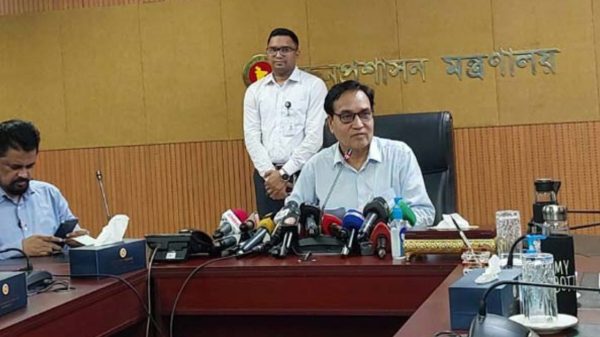
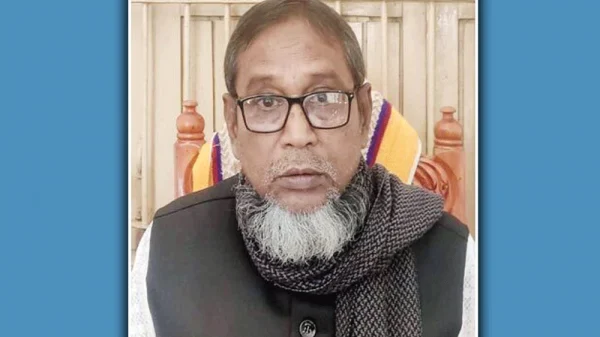
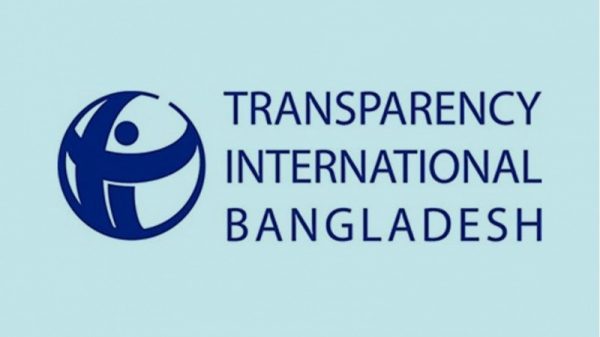


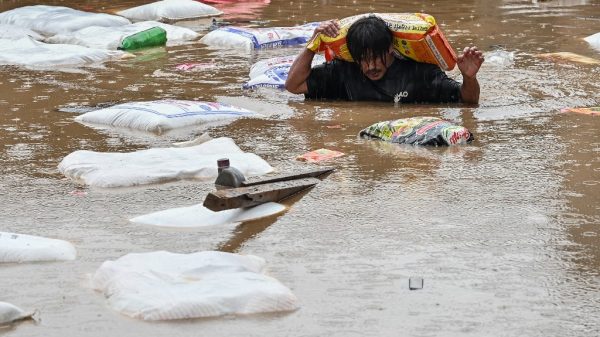
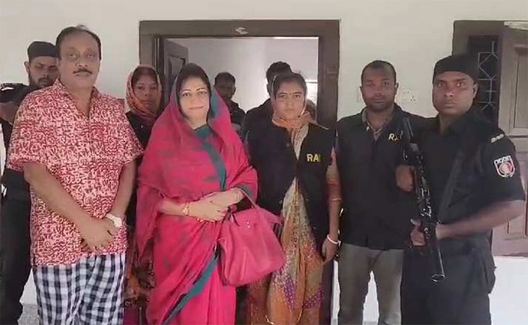


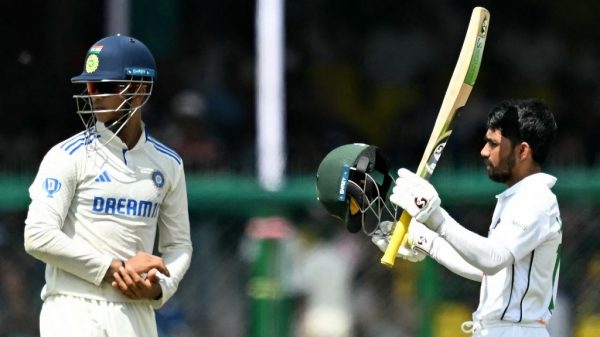











Leave a Reply